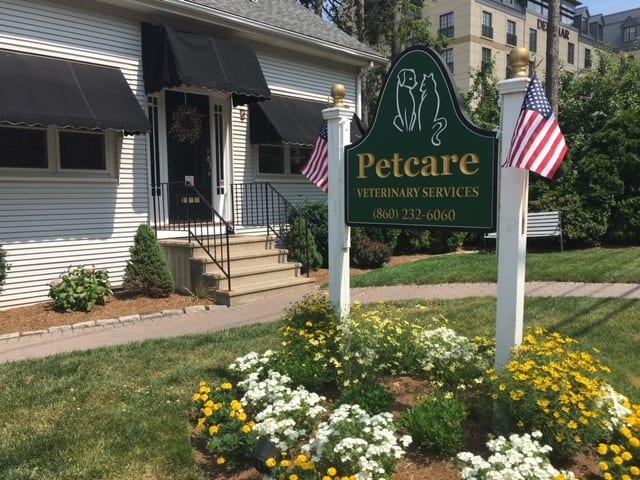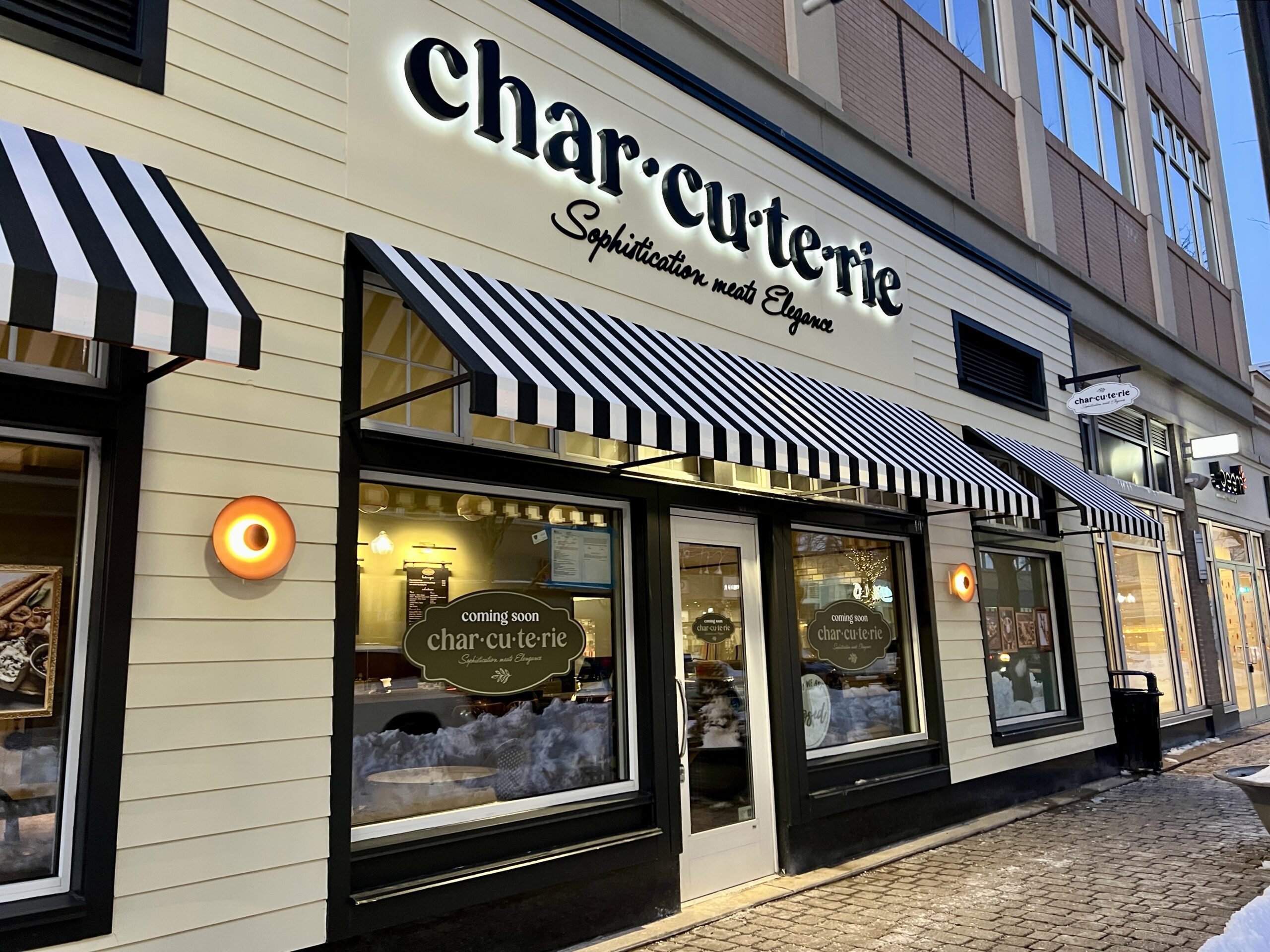West Hartford Vet Clinics Provide Essential Services During COVID-19 Outbreak

Audio By Carbonatix

Courtesy photo
Clinics like Petcare Veterinary Services, owned and operated by Lauren Mascola, have remained open throughout the heart of the crisis.
By Dexter McCann
Many West Hartford residents have been furloughed or are working from home as a result of the COVID-19 crisis, but those working at veterinary clinics and emergency rooms have remained on the front lines, providing an essential service to both pets and their owners.
However, the way these clinics have had to conduct business and serve their clients has completely changed as a result of the pandemic and the measures taken by the government to enforce social distancing restrictions. All of West Hartford’s vet clinics have transitioned to a curbside model to ensure the safety of employees and clients alike, as well as comply with the aforementioned restrictions.
The curbside model has been endorsed by the American Veterinary Medical Association (AVMA) and the Connecticut Veterinary Medical Association (CVMA) as the safest way to remain open during the crisis. But curbside service is far more complex than traditional service.
Typically, a client and their pet would check into a clinic in a waiting room. However, to maintain social distancing, no client is allowed in the clinics, with the exception of a euthanasia. Instead, check-in is conducted over the phone, after which a staff member, donned in a surgical gown, gloves, and a mask, collects the patient from their owner.
While an assessment is being conducted, the veterinarians update the patient’s owners over the phone. Once that assessment is completed and treatment is applied, payment is finalized over the phone and then an employee returns the pet to its owner, along with any necessary paperwork.
While it’s difficult for owners to be away from their pets during these examinations, Lauren Mascola, owner and operator of Petcare Veterinary Services in West Hartford Center, said the “majority of our clients understand the need for our new procedures and are supportive and appreciative of it.”
The transition to those new procedures have been difficult for clients and employees alike. Many at Mascola’s clinic were initially worried about coming to work, especially when it wasn’t yet clear how or if COVID-19 would affect animals. Still, all but two have returned to the clinic, and Mascola has been very thankful for the employees she describes as “brave COVID warriors.”
Mascola’s clinic has been forced to cut their hours as a result of the diminished staff, but hopes to hire new employees and return to the prior schedule when it is safe to do so. In addition, Mascola plans on hiring a delivery person to offer touchless delivery of medicine to West Hartford patients.
Until Mascola is able to hire new employees, however, the clinic will be forced to run at diminished capacity. Volume at the clinic is down to 60-70% of pre-crisis levels, she said, and while demand for veterinary services remains strong, clinics like Mascola’s simply can’t process clients with the same amount of speed they could before the coronavirus crisis forced them into a curbside model.
Petcare Veterinary Services were able to obtain economic disaster injury (EDIL) and paycheck protection program (PPP) loans to help cover immediate expenses and losses that occurred as a result of the coronavirus outbreaks. However, appropriating the funds to ensure loan forgiveness has been tricky.
Mascola’s problems are representative of those faced by the entire industry.
“I think I speak for most of the practices in West Hartford when I say it has been a big challenge for us as a profession,” she said.
Those problems aren’t just economic. Vet clinics have faced the same problems as human hospitals when it comes to the availability of protective equipment like masks, gloves, gowns, and cleaning supplies. In addition, having to turn patients away due to diminished capacity has taken a mental toll on employees at these clinics, who hate to turn stressed and upset clients away. Thankfully, veterinary emergency room services are still available to these clients, although waits at many have reached as long as two hours due to heightened demand and slowed service.
Despite those struggles, Mascola and her colleagues in the veterinary industry remain very thankful for the loyalty and understanding of their clientele
“I would like to say a big thank-you again to my Petcare clients for all their understanding and support during this crisis,” she concluded.
Like what you see here? Click here to subscribe to We-Ha’s newsletter so you’ll always be in the know about what’s happening in West Hartford! Click the blue button below to become a supporter of We-Ha.com and our efforts to continue producing quality journalism.



